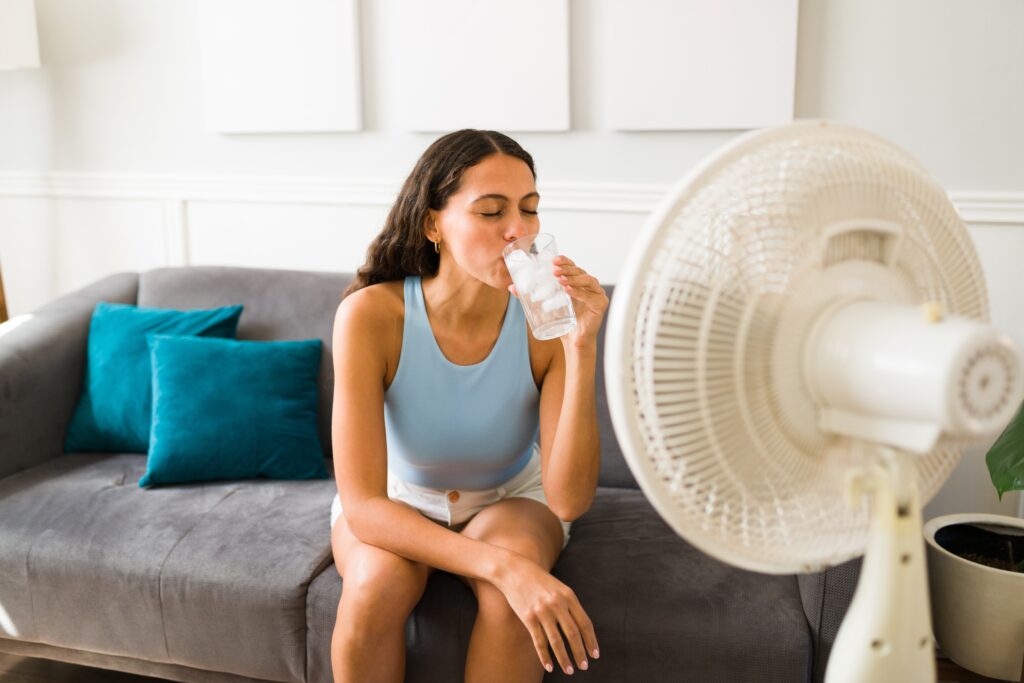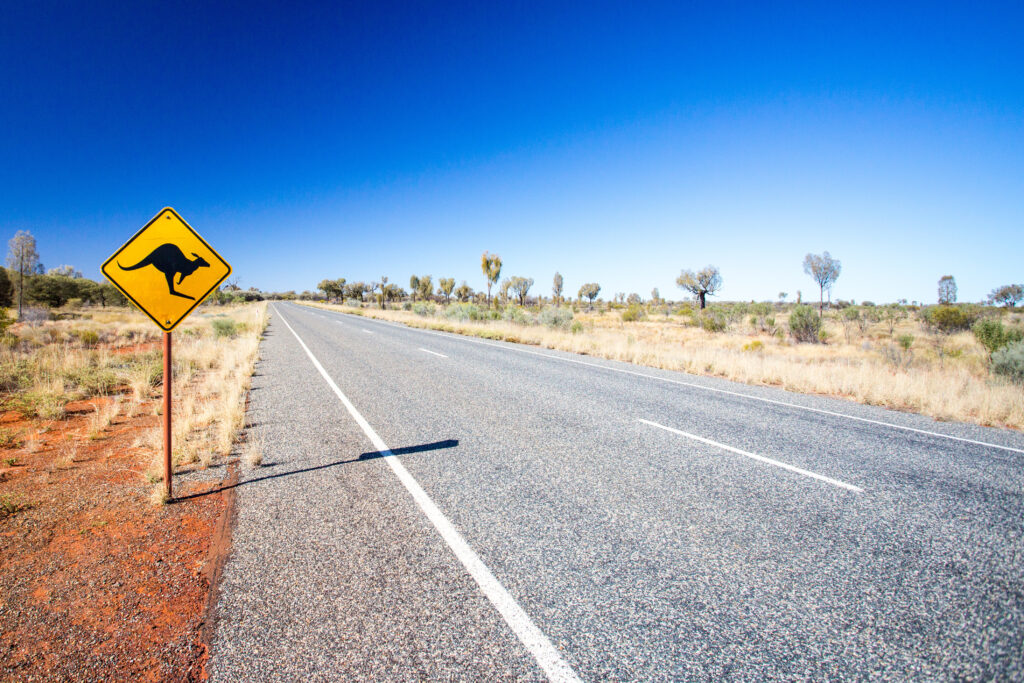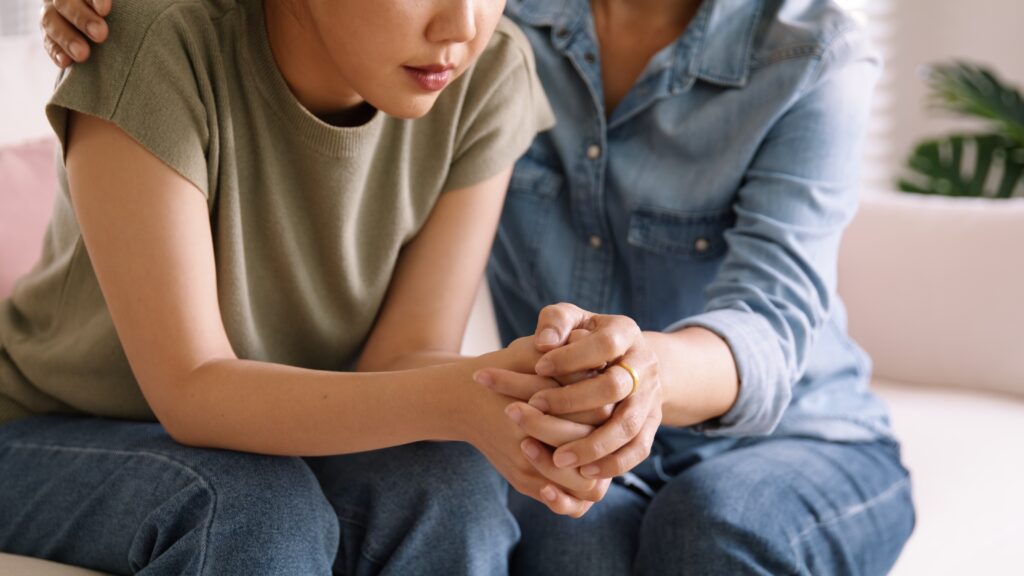Australian summers can be super hot and sunny. Temperatures can reach as high as 40 degrees celsius and stay that way for days at a time.
Follow our top tips for surviving scorching summers and keeping safe during an Australian heatwave.
What is considered a heatwave?
The Australian Bureau of Meteorology defines a heatwave as three consecutive days where the maximum and minimum temperatures are unusually high.
In practice, a heatwave might be as long as a week when the temperature is in the high 30s and it doesn’t cool down much overnight.
How often do we get heatwaves in Australia?
The frequency of heatwaves depends on where you live in Australia. For example, Tasmania experiences much cooler weather than Western Australia or South Australia.
Low-intensity heatwaves are common in Australian summers, but high-intensity heatwaves are less common.
Importantly, heatwaves are becoming more frequent and severe due to the effects of climate change.
How can I prepare for a heatwave?
There are lots of ways you can prepare for a heatwave, even if you’re on a tight budget.
Hydrate
One of the most important things is to stay hydrated. In summer, the water coming out of the tap in Australia can be hot, so it’s important to have alternatives on hand. Keep water bottles in the fridge, and stock up on isotonic sports drinks that can aid hydration.
Remember that it’s best to avoid alcohol in really hot weather because it will only dehydrate you.
It’s a good idea to keep some electrolytes on hand too.
Ice, ice, ice!
Never underestimate the effect of frozen water. Ice is a great way to cool down a drink or your skin. If you’re feeling really hot, try wrapping ice in a towel and placing it on your forehead or chest.
Make sure your freezer has plenty of full ice cube trays and keep refilling them as you use the ice. You can even freeze your drink bottle to ensure that your water will stay cool for a long time.
Eat cool
If it’s really hot, you may not feel like eating hot meals or cooking. Make sure you have food on hand that doesn’t need cooking, like bread or wraps, fillings and snacks like cheese, dips and crackers. Salads are an excellent way to keep cool. You could even try making a refreshing cold soup like gazpacho or cucumber soup.
Shop first
Make sure you do all your necessary shopping before the heatwave hits so you don’t have to leave the house during the hot days.
Stay out of the sun
Overall, it’s best to stay indoors on really hot days. The sun can be scorching, and sunburn is no fun at all! If you have to spend some time outside, make sure to practise sun safety.
Keep your room cool
Many Australian homes have reverse-cycle air conditioning, which is the most efficient way to cool down your room or home. Ceiling and pedestal fans are a cheaper option – to increase their cooling capacity, try draping a damp towel near your pedestal fan to cool down the air further. Alternatively, drape the wet towel over yourself and lie in front of the fan.
Keeping yourself safe during a heatwave
Extreme heat can be dangerous, so it’s super important to look after yourself during a heatwave. The best thing to do is to stay out of the sun, keep hydrated and avoid strenuous exercise.
Keep an eye out for common symptoms of heat illness and heat exhaustion, which can include:
- Heavy sweating
- Dizziness or lethargy
- Reduced appetite
- Irritability
- Extreme thirst
- Muscle cramps
- Nausea or vomiting
- Headache
- Poor coordination
- Anxiety
If someone is experiencing any of these symptoms:
- Find a cool shady place
- Lie down with legs slightly raised
- Sip water or juice slowly to rehydrate
- Cool down with a fan, spraying cool water or a cool shower
- Use cool packs to lower body temperature
If symptoms don’t improve or are worse than the ones listed here, don’t hesitate to seek medical care immediately. If it’s an emergency, call 000 for an ambulance.





